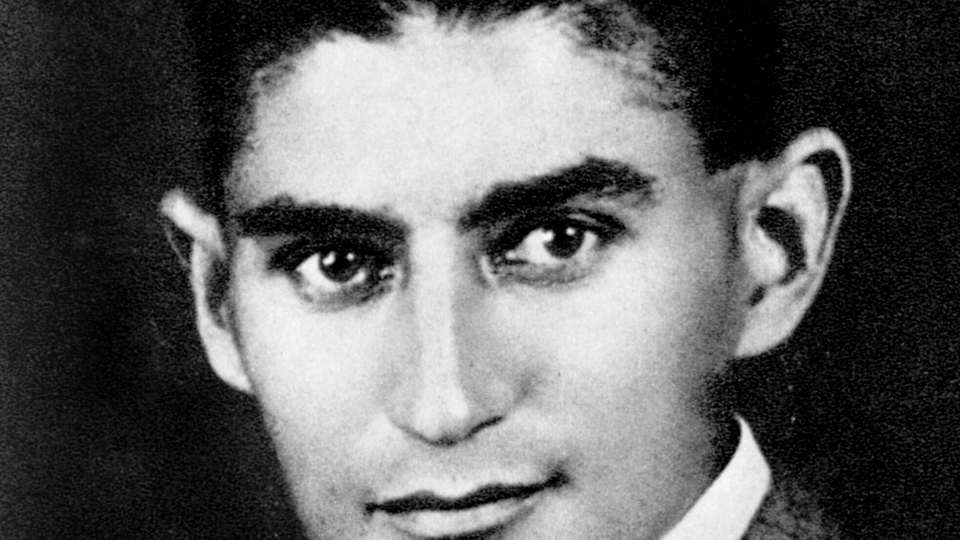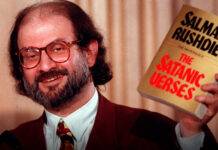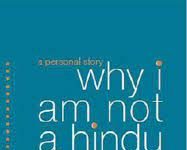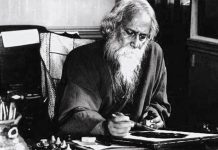Kafka’s dying wish was as intriguing and mysterious as was his mind. As one of the most celebrated existentialist philosophers of our times, Kafka wished to be forgotten by the pages of history.
Little did he know that even decades after his demise he would not only be celebrated but revered as one of the most iconic writer-philosophers the world has ever produced. The world of readers has always been interested in Kafka and more so in the complexity of his mind, the absurdity and nihilism embedded in his storytelling and his ability to depict fierce social commentary wrapped in intense plots.
The discovery of the last batch of Kafka’s works in Israel is only certain to enhance the mystery surrounding this legendary writer. The battle for unearthing and revisiting what is perhaps being seen as the last batch of Kafka’s works has indeed been long and difficult.
These papers were found stored in an Israeli refrigerator and later uncovered from a German warehouse.
This last batch of Franz Kafka’s works are the legal properties of Max Brod, one of his closest allies and his literary executor. This papers have been finally returned to the National Library of Israel in Jerusalem after a long drawn legal battle to complete the archives of the Brod estate.
The unearthed set of papers includes at least three drafts of Kafka’s story ‘Wedding Preparations in the Country’, his Hebrew notebook, several of the personal letters that he wrote to friends but never ended up posting, sketches and drawings, travelogues and a diary of writings.
The Israeli National Library recently organised an exhibition where some of these unpublished works were displayed.
Thanks to Brod that we have finally got the last batch of Kafka’s works and are in a position to penetrate more intensely into the writer’s literary world.
Brod was also one of those who enabled Kafka to make his mark as a writer and encouraged him as a friend and confidante to keep writing despite difficulties.
In 1924, Kafka told Brod to burn all his writings as he did not wish to be remembered after death.
But Brod defied his wish and went on to publish many of the author’s manuscripts posthumously, including The Trial.
As a friend and confidante Brod was convinced that Kafka was a writer the world needed to read and therefore decided to publish many of his central manuscripts. It is hoped that with the discovery of the new personal papers and documents of Kafka we will be far better informed about the factors that shaped his literary imagination and helped him in the process of building ideas.














